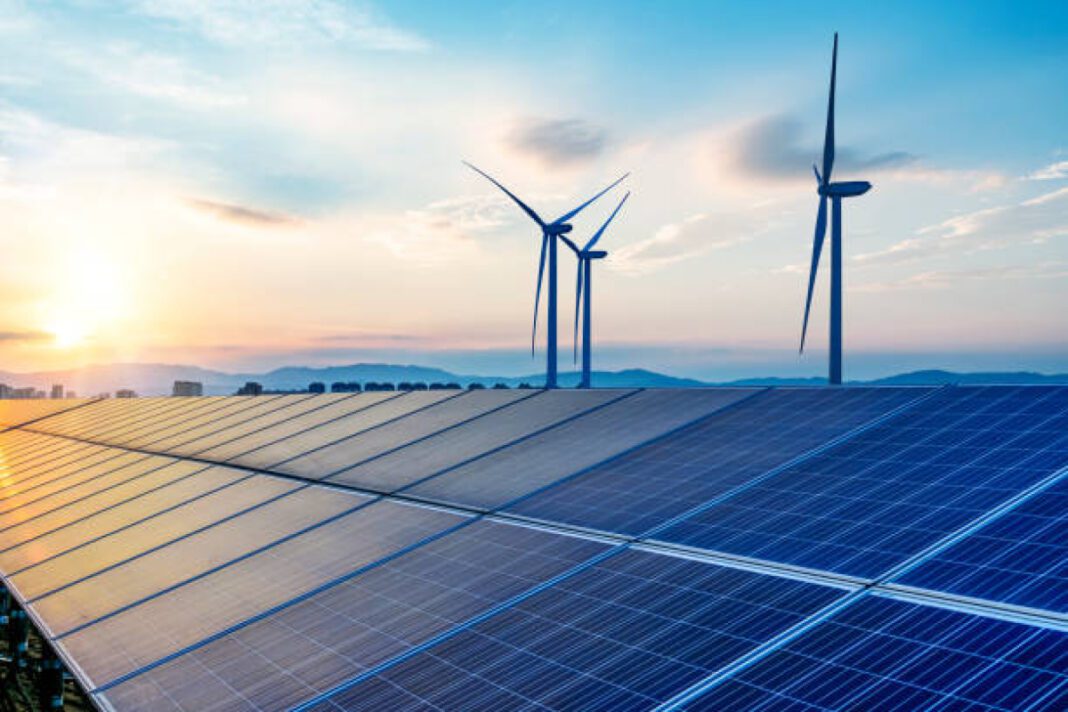India has approved the development of 50 solar parks with a combined capacity of 37.5 gigawatts (GW) as part of its renewable energy expansion, according to Union Minister Pralhad Joshi. Speaking at the 7th General Assembly of the International Solar Alliance (ISA), Joshi highlighted the country’s ambitious renewable energy goals, including the advancement of offshore wind projects targeting a 30 GW capacity by 2030.
With a broader vision under Prime Minister Narendra Modi’s leadership, India aims for 500 GW of renewable energy capacity by 2030, with solar energy already surpassing 90 GW in installed capacity. The ISA, which consists of 120 countries, aims to mobilize $1,000 billion in solar energy investments by 2030 to help achieve 1,000 GW of installed solar capacity, providing energy access to 1 billion people and reducing carbon dioxide emissions by 1 billion tonnes annually.
India’s renewable energy sector is supported by various government initiatives, including a 110% increase in funding for solar projects and the introduction of schemes like the PM-Surya Ghar Muft Bijli Yojana, as well as tax exemptions on critical mineral imports. The PM-KUSUM scheme is also enhancing energy access in rural areas, allowing farmers to use solar power for irrigation and sell surplus energy, thus promoting sustainable livelihoods. Solar power is rapidly becoming a more affordable energy source, with global investment in solar energy expected to reach $500 billion by the end of 2024.





